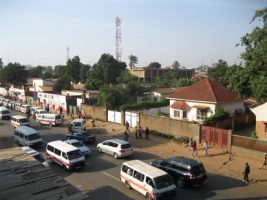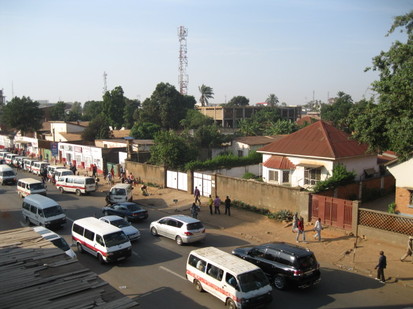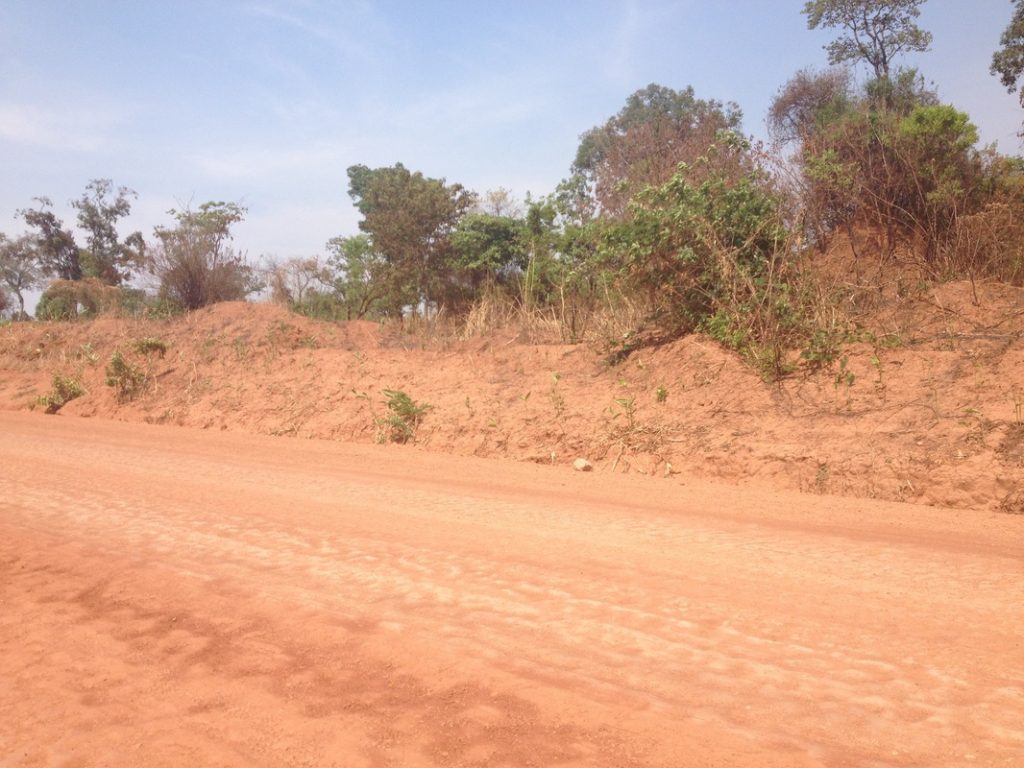
Power in Katanga – Backstepping from renewables to diesel…
The Katanga region in the south of the Democratic Republic of Congo has an energy problem. Though blessed with abundant natural resources, including large flowing rivers that have provided hydro power to the region for decades, the region is turning to fossil fuels. The local grid power supply is based entirely on hydro and is not only 100% renewable but is also very affordable at 0.06 USD per kWh. Unfortunately, this low price is part of the problem, as this price is below the production cost and far below what a market rate would be. The revenue from power sales does not cover the operating costs of the local power company, let alone investment required to upgrade and increase the generating capacity needed to meet local growth. This has led to chronic under-investment in both existing and new generation plants. This lack of investment, combined with the civil strife the region has suffered over the past decades, has led to a lack of generation capacity and poor reliability of existing plants.
Lubumbashi, the capital of Katanga, suffers multiple power outages on a daily basis. Remarkably, even with these chronic power issues, economic growth has been robust with many international mining companies and related industries having invested and established themselves in the area. To deal with the daily power issues, most industrial and commercial operations in the Katanga region have to have the ability to generate their own power needs. This in-house generation is usually in the form of diesel generators. This means that the cheap and renewable grid power is being replaced with expensive and dirty diesel fuel based power. However, for most businesses the alternative is no power and lost production. The situation is so severe that many businesses run some diesel generators constantly, either to cover critical loads or as a form of spinning reserve to avoid a full outage when the grid power is lost.

Not only is the fuel cost for the diesel generation extremely high, the frequent outages and poor power quality lead to equipment damage, lost production and lost time to relaunch processes and machinery. Running and maintaining the diesel generators also requires technical skills that are diverted from the primary business and are difficult to obtain and expensive to keep in this area. The costs of the power situation are tremendous and growing every year.
Investing in renewable microgrids and energy storage is a compelling proposition for companies in the region. An energy storage system can help manage the grid outages by either allowing a transition from grid to in-house power without a black-out and eliminating the need for spinning reserve. An energy storage system can also cover shorter grid outages without the need to start-up the in-house generators. In-house solar generation also offers compelling advantages in terms of replacing diesel generation and the required grid capacity as well as providing long term power cost certainty.
The power situation is so dire and the economic case for microgrids with energy storage is so strong that most industries would have a pay-back within two years. Even in challenging markets such as the region of Katanga, such a compelling business case makes sense. The key barrier at the moment is the financing of such projects, and that of course is also where we are focusing to unlock the potential of renewable microgrids to transform the Katanga power situation.
